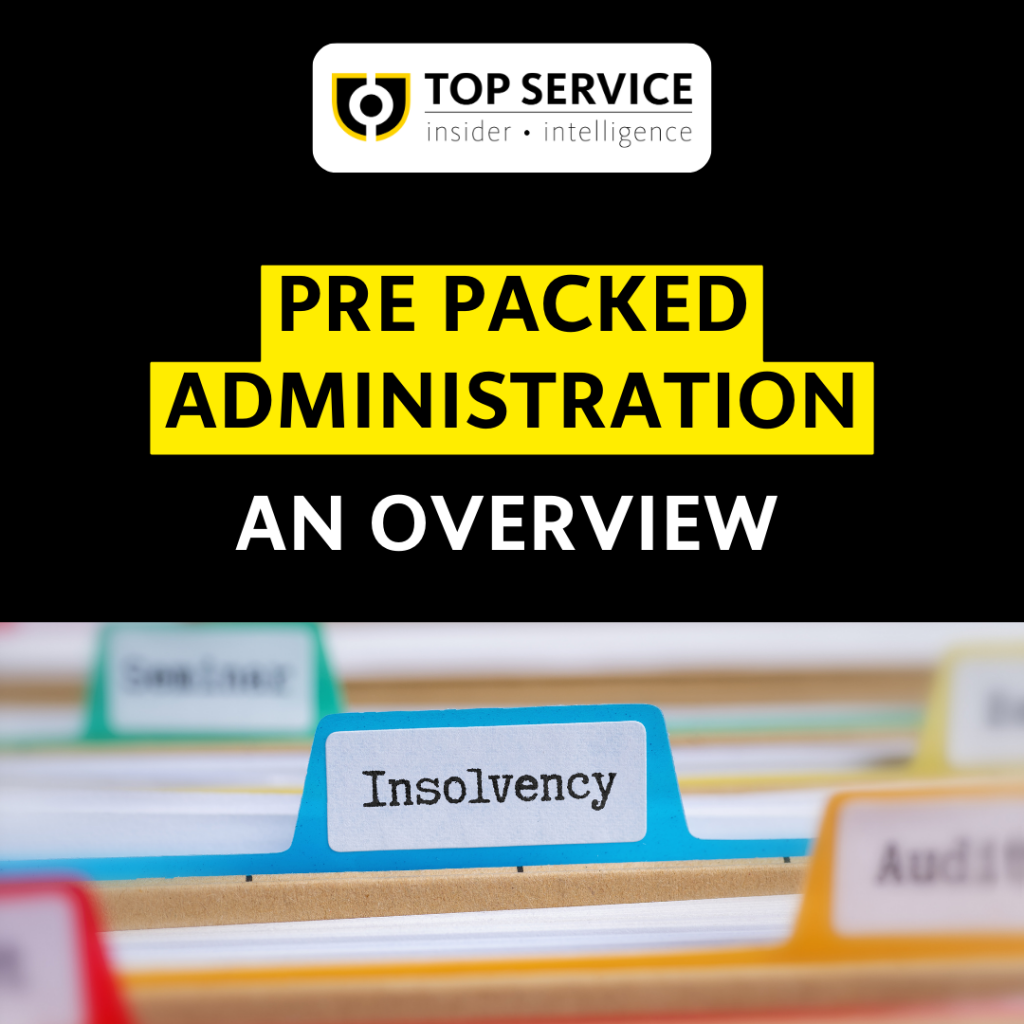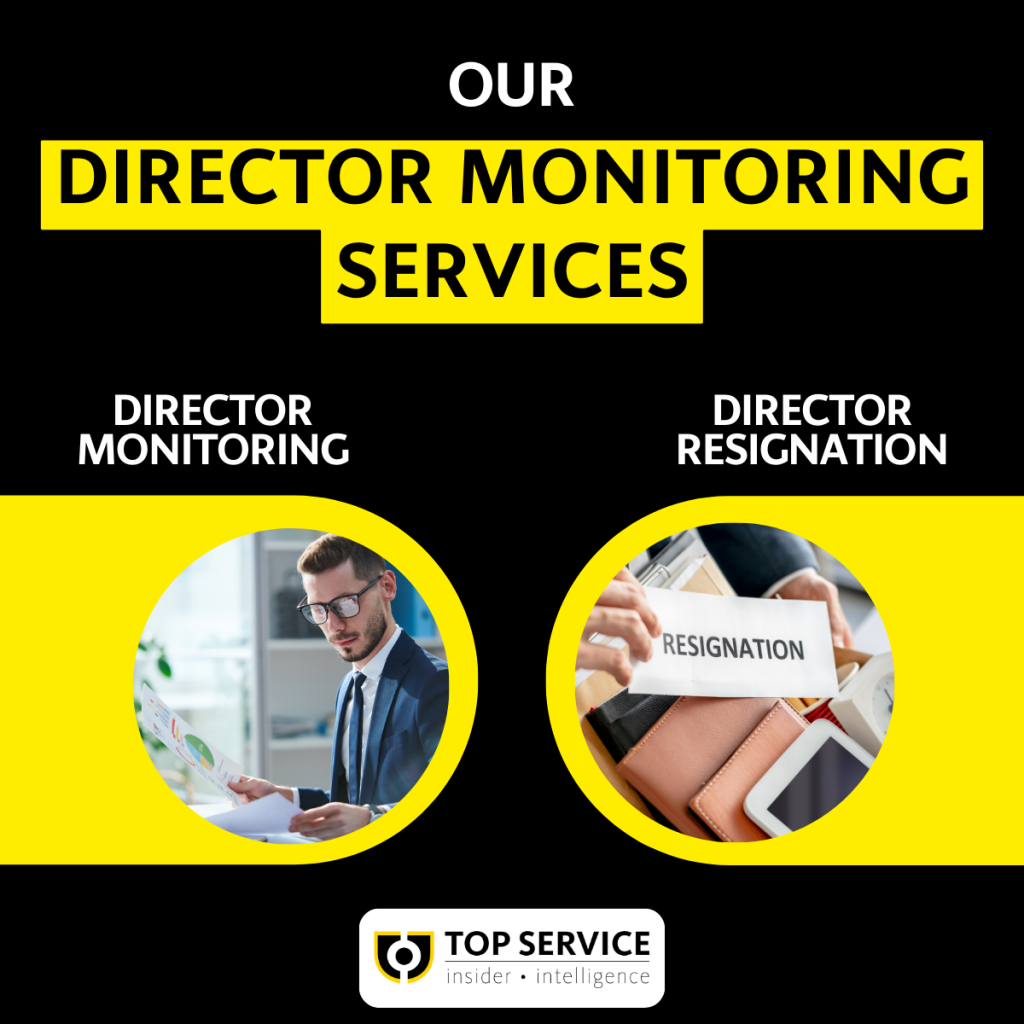What makes us different… our Trading Experiences!
Our specialised focus on the construction industry and access to exclusive trading experience data make us an invaluable resource for companies operating in this sector.
Offering real-time trading experience data shared by our members, updated minute by minute Top Service delivers the most relevant and insightful information to help you understand potential customers’ payment behaviour. Enabling you to make the best & most informed credit decisions for your business.
Our data provides valuable insights including: whether you can expect to be paid on time, late, not at all or even whether you should expect disputed claims. Or crucially if your potential customer is approaching your business because they are on stop elsewhere.
This is the real life experience from Louise Cain, Credit Manager at Sydenhams Timber & Builders Merchant:
“Recently, when assessing a potential customer seeking a credit account, our primary provider’s data seemed satisfactory at first glance. However, upon cross-referencing with Top Service’s industry-specific insights, a completely different picture unfolded. This led us to decline the credit account, potentially saving our business £10,000. This is why we love using Top Service. Their unparalleled industry-specific information enables us to make well-informed credit decisions, safeguarding our business against bad debt risks.”
We have been protecting the Construction industry and minimising our members exposure to bad debt for over 30 years!
Pre Packed Administrations – An overview
Pre-pack administration is a formal insolvency procedure that enables the quick sale of a struggling business as a going concern.
In this process, the sale of the business is agreed prior to the administrators formally being appointed. While the buyer can be a third party, it is not uncommon for the existing director/directors to operate under another limited company.
While pre-packed administration aims to preserve the value of the business, assets, jobs, and work in progress, it’s not always favoured by creditors. Some perceive it as directors retaining assets without fulfilling creditors obligations.
For Creditors, pre-packed administration presents a mixed picture. While it offers a swift resolution, some may feel excluded from the process and have limited opportunities to contest it.
Once a decision is made to pursue a pre- pack, an insolvency practitioner will assess the company’s asset’s value and ensure the buyer has the necessary funds. The business is then put up for sale, with creditors being paid from the proceeds.
Despite controversy, pre-packed administration can be a lifeline for struggling construction businesses. However, it’s imperative for all involved parties to adhere to regulations and maintain transparency to ensure fairness.
A “going concern” denotes a business assumed to meet its financial obligations without imminent liquidation. It typically refers to a foreseeable future period, usually at least the next 12 months or the specified accounting period.

Emma Reilly, CEO – Message to Top Service Members
A message to Top Service members from Emma Reilly FCICM, CEO at Top Service Ltd & Credit Expert
Phoenix Companies Unveiled
A phoenix company is described by the Insolvency Service as the practice of carrying on the same business or trade successively through a series of companies where each becomes insolvent in turn. Each time this happens, the insolvent company’s business (but not its debts) is transferred to a new, similar ‘phoenix’ company. The insolvent company then ceases to trade and might enter into formal insolvency proceedings.
Companies fail for many reasons and it is not always due to misconduct. For this reason the law allows business owners, directors and employees to set up new companies and carry on a similar business.
Phoenix companies are not usually favoured by trade creditors and it’s easy to see why. It may seem that a director is walking away from an insolvent company to a new company free of the burden of any debt and the creditor may receive little return once the insolvency proceedings are over.
In some cases creditors may benefit from the sale as a new healthier company eager to trade successfully and may pick up the contracts the insolvent company left behind, potentially forming a stronger trading relationship with creditors.
Without doubt the phoenix company process can be exploited and we spoke to James Linton, Head of Creditor Services PKF Littlejohn Advisory who explained the potential penalties to directors found guilty of misconduct in relation to a phoenix company. “If a sale takes place to a successor company prior to and outside of a formal insolvency procedure, then the Official Receiver or an insolvency practitioner will have a duty to investigate it. If they find assets transferred / sold at an undervalue or director misconduct, then they have the powers to undo and reverse transactions, look to reclaim assets, and look into the conduct of the directors who may then become personally liable for the company debts.”
There are certain rules in these circumstances that should be followed and they include:
What’s crucial to note is that this process is not illegal as long as certain rules are followed:
- Director Qualifications: The director must not be disqualified or bankrupt.
- Fair Asset Valuation: Assets must undergo professional valuation, and a fair market value must be paid.
- Personal Funds: Assets must be purchased with the director’s personal funds.
- Transparent Marketing: A variety of marketing methods must be employed to advertise the pre-pack sale.
- Creditor Notification: Creditors must be informed of the pre-pack sale in a timely manner.
- Full Disclosure: The insolvency practitioner must provide a full disclosure of all actions taken.
- Director Investigation: Directors must undergo a thorough investigation to ensure transactions were in the interests of creditors.
- Company Name: The new company name must not mislead the public or creditors.
For more information on phoenix companies, check out this link provided by the Insolvency Service. Phoenix companies and the role of the Insolvency Service – GOV.UK (www.gov.uk)

Director Monitoring
The Director Monitoring Service allows you to keep track of who is running the companies you are dealing with. You will receive alerts when a director resigns or is appointed at another company, providing valuable insights into leadership changes within your business network.
When a director resigns, it can present challenges such as knowledge loss and transitional risks, but it also offers opportunities for fresh perspectives and new leadership that could benefit the business in the long run.
Understanding both the positives and negatives of such transitions is crucial for assessing their impact on a company’s operations and future prospects.
Changes in leadership can sometimes result in alterations to credit limits, impacting the financial stability of the business.
Resignations and new appointments aren’t always a trigger for something negative happening. It’s essential to consider the history and background of the departing director.
If the Director has been associated with companies that have faced insolvency or financial difficulties in the past. This may trigger a potential risk warning that should be investigated.
Equally directors with a successful track record and experience in managing long-established businesses can bring stability and credibility to an organisation.

Our Monitoring Services.
Monitoring services provide valuable real-time information that can assist businesses in making informed decisions, mitigating risk, and maintaining healthy business relationships within the construction industry.
This service is designed to help businesses stay proactive in managing credit risk and staying up to date about critical changes that will impact their trading relationships .
Company monitoring – Top Service members have access to unlimited company monitoring. Alerts are sent to members detailing changes & updates to key information within a subject company’s credit information. Using this service element along with the combination of credit checking & access to construction industry specific trading experience is a winning combination to minimise risk.
The monitoring service alerts members by email when specific events occur, such as:
- New trading experiences have been reported
- Changes to in suggested credit limits
- Formal insolvency filings such as winding-up petitions and administration orders,
- New County Court Judgments registered against a limited company
- Changes to the company name
- When a company files new accounts
Member Testimonial. Thank you Tarmac for your kind words
Thank you to Jo Stevens at Tarmac for your kind words.
Top Service provide Tarmac with an invaluable support for new customer trading history, and early fraud detection. The trading histories enable us to avoid potential late payers, or to identify that a customer has cash flow difficulties
Tarmac, is the UK’s sustainable construction materials, road contracting and building products business. UK supplier of Aggregates, Asphalt, Concrete, Cement, Blocks, Mortar, PAVE Contracting & Recycling Service. Tarmac joined the Top Service community in March 2020 to help manage risk, minimise debt & maximise cash.
We’re not your average credit reference agency!
The unique credit information we gather and our specialism in the construction industry gives our members a competitive advantage over those using one of the generic credit reference agencies.
Our insider intelligence is the most relevant credit information available to the construction industry.
We have been protecting the #constructionindustry and minimising our #members exposure to bad debt for over 30 years!

Why do Top Service credit limits differ from other agencies?
Our own industry specific data plays a pivotal role and can lead to credit limits and scores being reduced or removed when other mainstream agencies are still offering substantial limits & scores.
Our credit limits and credit scores are calculated by taking the opinions of two of the major credit reference agencies and then applying our own industry specific data to produce the most informed, up to the minute and realistic information for the construction industry.
We are the only credit reference agency, specifically for the UK construction industry, Our industry specialism ensures our members have the ability to make better credit decisions than they can by only using a mainstream agency, resulting in minimised risk for their business.
Our team of credit management experts have their ears to ground and hundreds of years of knowledge & experience between them. It’s our industry knowledge that allows our team to react to changes in trading experience patterns, to respond to rumours and concerns within the construction sector.
Unseen factors that can affect your credit limit.
Director Resignations – When a director resigns, it can present challenges such as knowledge loss and transitional risks.Changes in leadership can sometimes result in alterations to credit limits, impacting the financial stability of the business. It’s essential to consider the history and background of the departing director. Warning signs may arise if the individual has been associated with companies that have faced insolvencies or financial difficulties in the past, indicating a potential risk factor for the current business.
Group Company Activity – If a company is part of a group structure, its credit limit may be influenced by the financial performance and credit worthiness of other entities within the same group.If one group experiences financial difficulty, it could negatively impact the creditworthiness of the entire group, resulting in a reduction to credit limits for all group members.
Rate of Insolvency within a specific Industry – The industry a company operates in can impact its creditworthiness. If a company is in an industry with a high rate of insolvency, credit reference agencies may view that industry as riskier, potentially leading to tighter credit limits. Overall, while the industry’s rate of insolvency can influence a company’s credit score and credit limit, it is just one of many factors considered by creditors when assessing credit risk.

What can impact a company’s credit limit.
Every supplier of credit information will have invested in different algorithms to attempt to produce the most relevant credit limit and credit scores. Unfortunately this is never going to be an exact science.
The majority of credit reference agencies will take mostly the same factors into account when suggesting credit limits but how they apply each factor will be slightly different.
For example, most agencies will take outstanding mortgages and charges into consideration when suggesting a credit limit and score for a business, they will also take into account the businesses age, location and line of business. The weighting of each of these factors though may be slightly different, so one agency may score lower for a business in the construction industry than another, or higher for a business based in London than another.
Some other key elements of a credit reference agencies algorithm:
- Net Worth: This reflects a business’s solvency, assessing whether it would remain financially viable after settling all liabilities. A negative net worth can significantly impact a credit score, sometimes leading to the denial of credit altogether.
- Working Capital: Vital for assessing liquidity, working capital reveals the cash flow available to a business after deducting current liabilities from current assets. A low or negative working capital could signal potential difficulties in meeting trade creditor payments.
- Turnover: While turnover indicates a business’s size, it holds minimal sway over credit limits if expenditures exceed earnings, rendering the business unprofitable.
- Assets and Liabilities: Tangible and intangible assets, compared with liabilities, form a crucial aspect of credit assessment. A decline in assets, particularly alongside rising liabilities, can spell trouble for credit limits.
- Late Filings and County Court Judgments: Late filings at Companies House and County Court Judgments (CCJs) reflect negatively on a business’s organisational efficiency and financial health, respectively, impacting credit scores accordingly.
- Winding-Up Petitions: Among the most serious threats, winding-up petitions significantly impact a business’s creditworthiness due to their severe consequences.
- Notice of Intents: Notices of Intent highlight a concern as they suggest that the company may have difficulty meeting its financial obligations and could be taking steps into official insolvency.
- Directors’ roles are also examined, with resignations or departures carrying significant implications. Such events are viewed as potential knowledge and experience loss, prompting adjustments to credit limits for a period of time.
- Payment data – the majority of CRA’s are now collecting payment data, which they say gives an indication of how promptly a business pays its suppliers. However, in reality this non industry specific data very often strongly differs from real, industry specific trading experiences.
